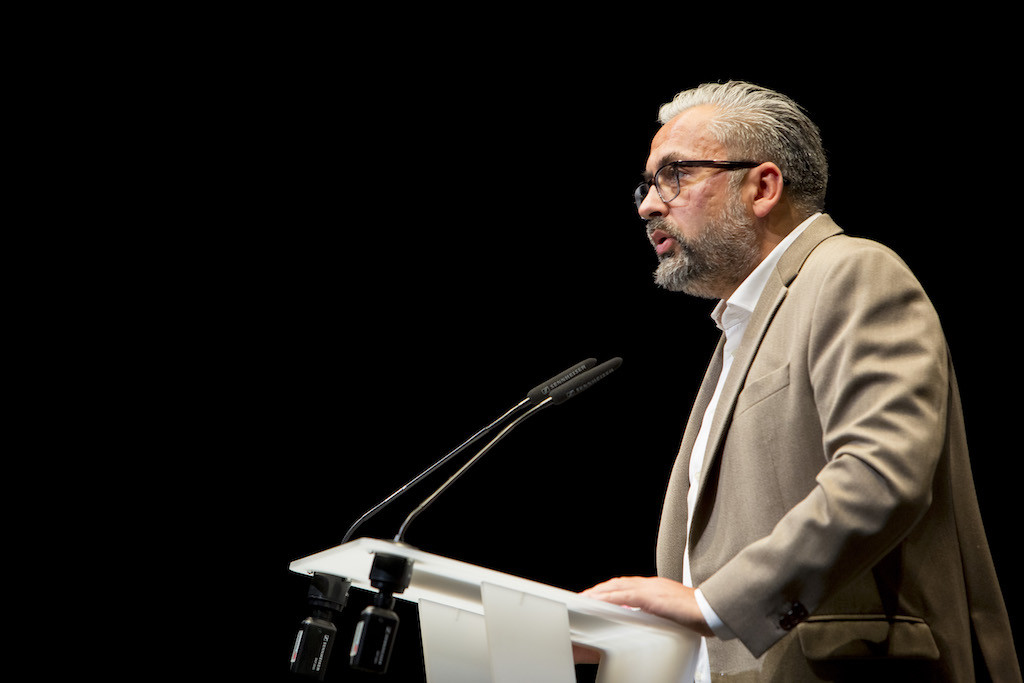When prime minister Xavier Bettel, in his role as minister in charge of the media, announced on 9 December 2014 that “the government will develop, during the next year, a reform of the subsidy system to help the press”, he did not expect the “shitstorm” he created within the profession. Well, not with the entire profession, but with the publishers of several newspapers and weeklies. In brief, with those who had benefitted most from the state subsidy since 1976.
In the context of the cross-ministerial Digital Lëtzebuerg strategy Bettel had announced, that the government would consider providing subsidies to online media under the new programme, without increasing the total budget of the aid programme. The traditional actors felt threatened, because for 40 years under Gaston Thorn's law “to maintain the diversity in the editorial press”, some 75 % of the total budget to “help diversity” had been granted to only two media groups.
Yes, the information industry is under pressure. Its traditional economic model of creating an audience in order to monetise advertising is over. Readers are abandoning paying for print in favour of free content on the web--of which the Facebook-Google duopoly enjoys a 50% marketshare and receipts amounting to 89% of the annual growth in the online advertising market. And the profession is suffering from a significant decline in public trust, thanks in particular to the rise of fake news and the manipulation of the masses by social media algorithms.
If the sector is under pressure, democracy is very much so. The state has to maintain guaranteed pluralism of the press and make a commitment to independent and quality journalism, in particular by favouring the digital transformation of media companies and by encouraging media education.
Four new proposals
Today, two weeks ahead of the general election, the Bettel-Schneider-Braz government has finally presented a draft law “on the promotion of pluralism in the media and information profession”. Even if the final text has not yet been approved, it represents real strategic progress for the profession. It is centred around four significant new proposals.
Firstly, it eliminates discrimination against online media compared with the printed press. Secondly, it favours quality (the recruitment of journalists) over quantity (rewarding the number of pages produced). Thirdly, it opens the subsidies up to new languages (notably English and Portuguese) and provides eligibility for subsidies to printed monthly publications (the format of the future).
The draft of law is in place. It has been said that it will still pass a cabinet vote before the 14 October elections. Even if Xavier Bettel and his government have made history with regards to the media in Luxembourg, final responsibility will nevertheless rest with the next government and parliament
The information industry needs this law, because it is going to accompany media companies during their digital transformation. Without that transformation, readership numbers will continue their free-fall. It will be the end of pluralism.
